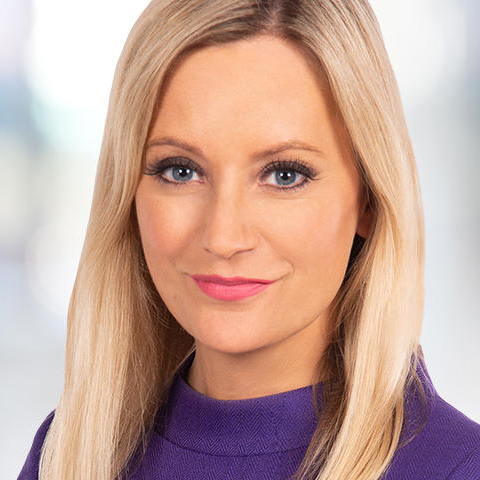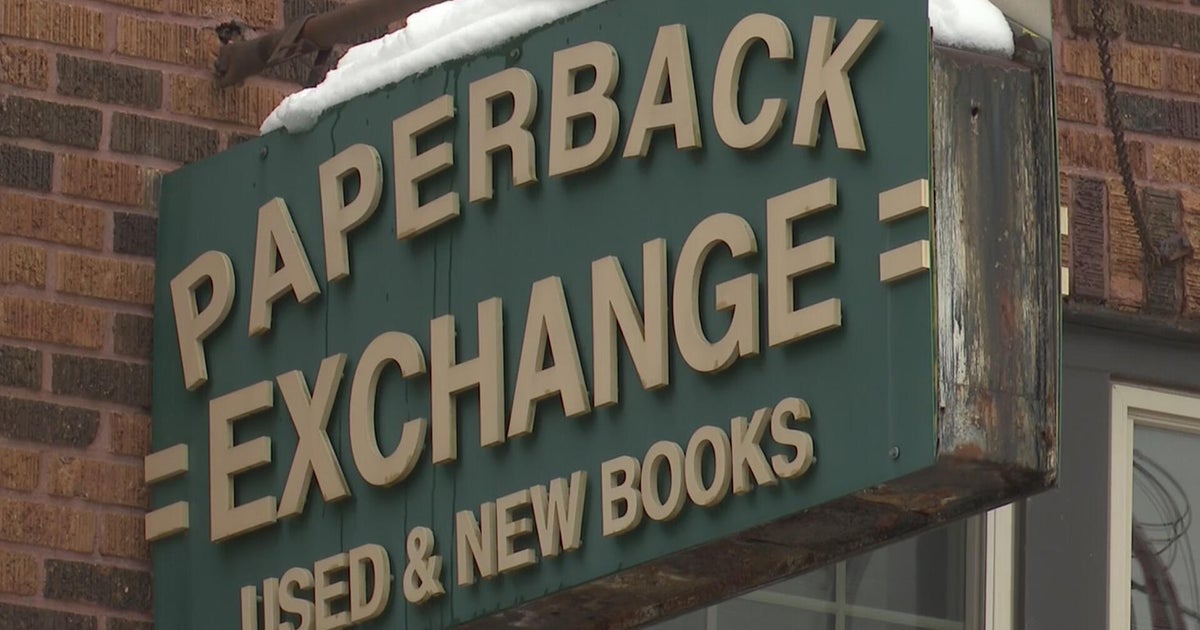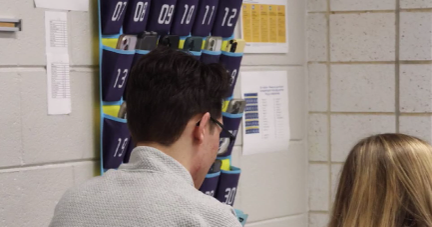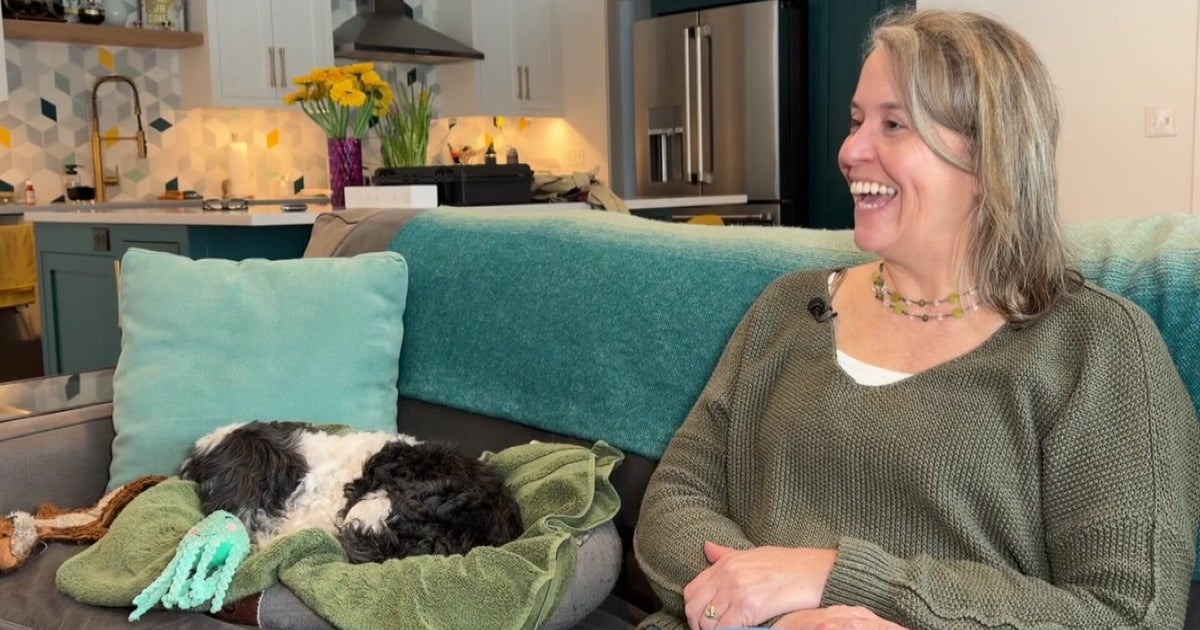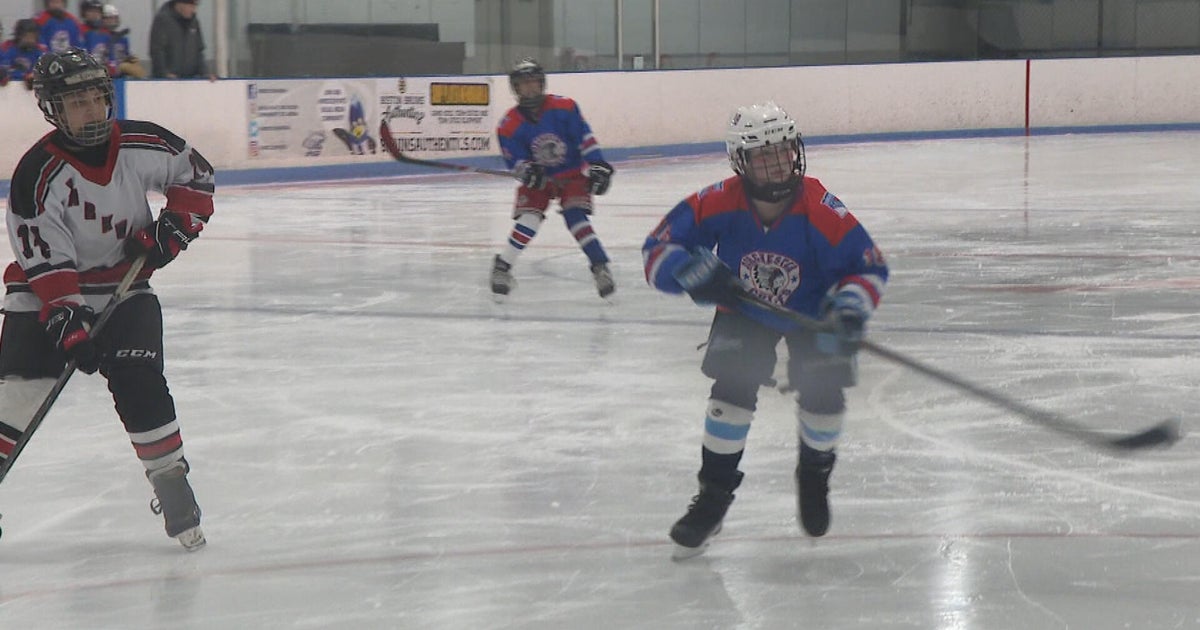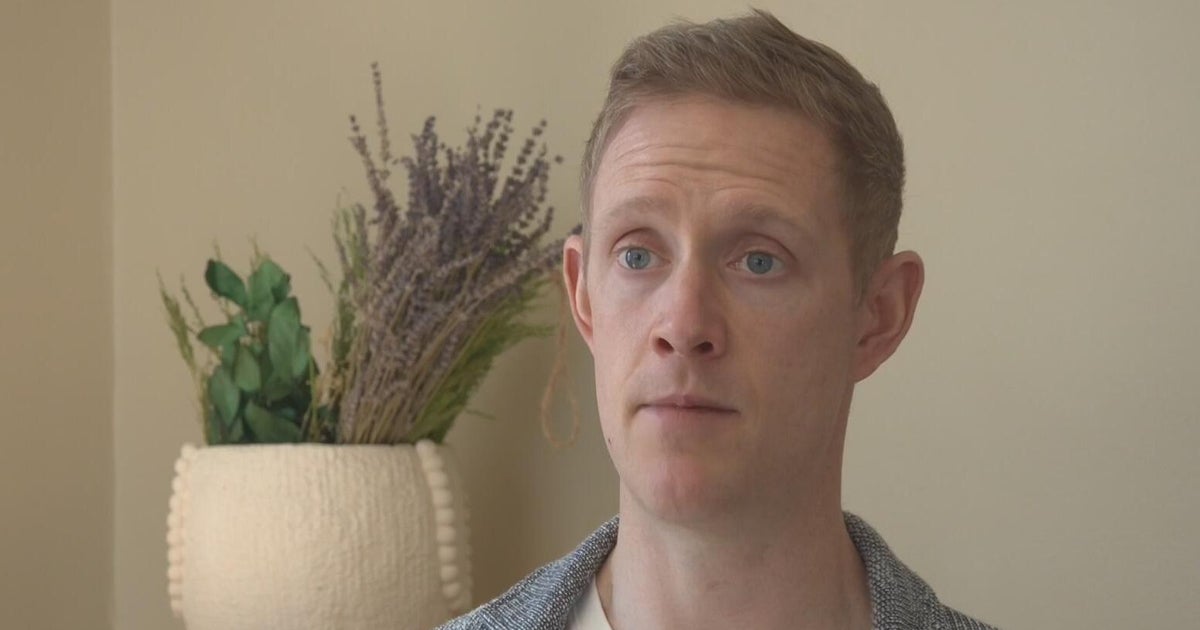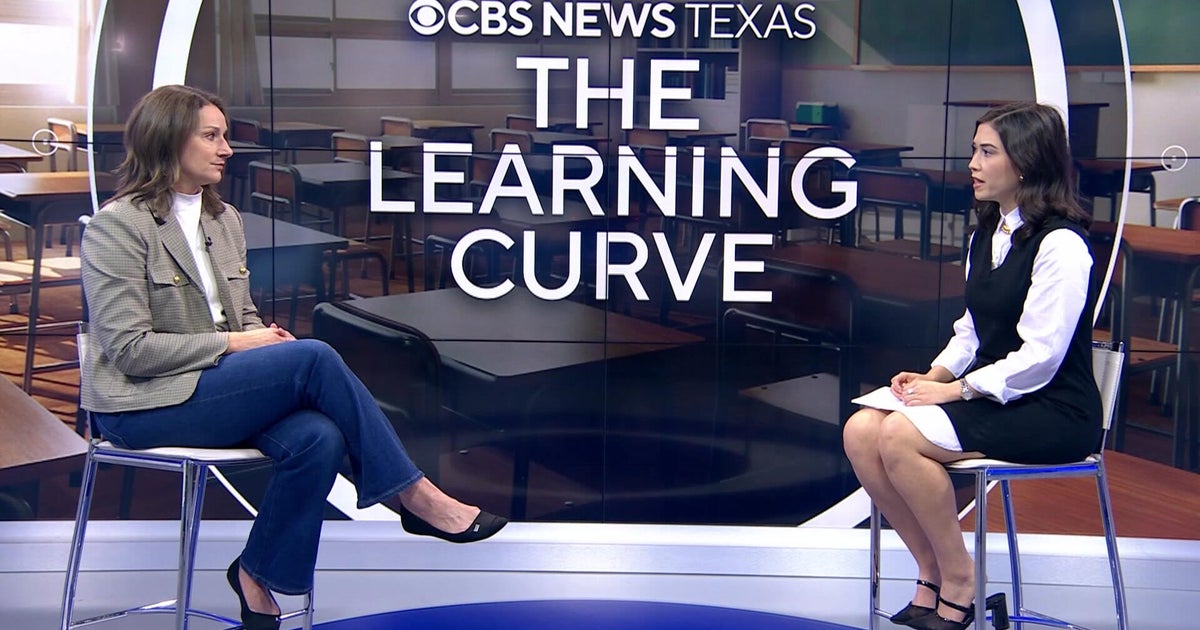Recovery after addiction: "It's so worth it, and it's possible"
MINNEAPOLIS -- In our look at the fentanyl crisis, we turn to recovery and the hope for a brighter future. Derek Johnson takes WCCO's Jennifer Mayerle inside his addiction and overdoses and shares what helped him get, and stay, sober.
"The beginning of everything was when I was really young, probably 12 or so. I was introduced to prescription pain killers. It was just experimenting. I grew up in an awesome household, loving parents, loving family. The first time I ever took them I was like 'ok, I don't want to not feel like this ever again,'" Johnson said.
He went on to say, "At some point it became too expensive to do it the prescription way and that's what eventually led me to try essentially the same drugs but the street version of those drugs. I was homeless, I couldn't hold down a job, I was committing crimes," Johnson said.
RELATED: The families left behind by the fentanyl crisis
Johnson said he tried most drugs. While fentanyl wasn't as widely known then, he suspects the synthetic opioid was mixed in with some of them.
"I've overdosed 9 times," Johnson said.
Mayerle asked if he remembers what it felt like.
"Yeah, so sometimes it was just, I didn't even know. And then there was actually a time where I remember my mind was still conscious for a little bit of it and I could hear my friends screaming at me. I could hear them like slapping me but I couldn't feel it and I was mentally conscious but I couldn't breathe I couldn't talk," Johnson said.
Mayerle asked how he survived 9 overdoses.
"If it was not for Naloxone I would not be alive today. Each time it was like a wake-up call. Every day was trying to quit. Every day was the day I'm going to stop doing this and then the withdrawals from the drugs kick in and now tomorrow's the day," Johnson said.
RELATED: Family fights for wide availability of fentanyl test strips following daughter's death
Johnson willingly went to treatment eight times. His first, seventh and eighth times were at Hazelden Betty Ford.
"There's usually an event that occurs that causes someone to reach out that day for treatment when they weren't reaching out the day before that," Lydia Burr, Director of Clinical Services in St. Paul, said.
That's where Johnson went for aftercare.
"I think it's so important that people know that there is hope for recovery, no matter what's happened. There is hope for you in recovery," Burr said.
She says there are treatment techniques and effective ways of treating addition.
"And although it's a chronic and progressive and fatal disease, it's one that somebody can actually make a complete recovery from," Burr said.
Treatment includes family education and leaning on a support network.
"Because addiction really breeds in isolation, what we really want to focus on is connection," Burr said.
Johnson found that. There was a window of time in his recovery where he gained some of what he had lost: a job, family trust.
"Having that glimpse allowed me to see that the struggles in the early stages of recovery are worth going through," Johnson said.
That eighth time in treatment stuck.
"I found a really solid group of people. I made a lot of friends, more like family, and we found ways to have fun. We found ways to support each other. One of those people is now my wife," Johnson said.
RELATED: More Minnesotans, including children, succumbing to fentanyl-related deaths
Johnson's been sober for nine and a half years. During that time, he's watched the fentanyl problem evolve into the current crisis.
"It's even deadlier than the things we thought were the most deadly things out there and that's just terrifying," Johnson said.
He's experienced loss to fentanyl.
"Last year I lost my brother to a fentanyl overdose and two of my cousins in a 5-month period. Why did I get to get out and they didn't," Johnson said.
Still, he wants others to know recovery is possible.
"When you're in it, it seems impossible. And it is, until you realize that it isn't. It's so worth it, and it's possible," Johnson said.
Johnson is now helping others in recovery. He runs sober living homes and also started a non-profit that help others find the support they need. Johnson says no matter where you are in your journey, help is available.
